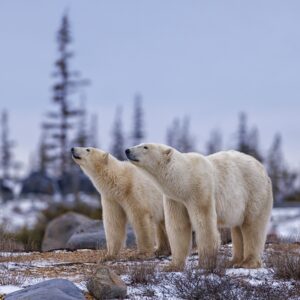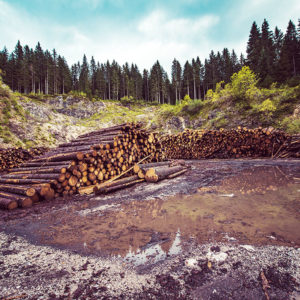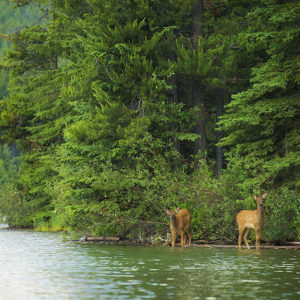Canadian Institute for Climate Choices’ Net Zero Future Report Is Not a Get-out-of-jail-free Card for Fossil Fuels
FOR IMMEDIATE RELEASE
Ottawa, ON (February 8, 2021) – The Canadian Institute for Climate Choices (CICC) released a report today titled “Net Zero Future: Finding our way in the global transition”. CICC lays out three “energy systems” for Canada to meet its zero carbon targets. Two of those scenarios pair fossil fuel and biofuel burning with carbon sequestration, including nature-based solutions like planting trees.
But Nature Canada is cautioning fossil fuel proponents from drawing the wrong conclusions. The CICC’s third energy system option relies on electrification and hydrogen technology.
“Planting trees and protecting wild spaces does not green wash away our carbon emissions,” says Louise Comeau, speaking on behalf of Nature Canada. “This report states that the least risky, most responsible way forward is to embrace new energy, rapidly phase out fossil fuels, and use nature’s inherent capacity to absorb carbon as we make that transition. Planting trees and other nature-based solutions are also as much about healing the damage we’ve already done to biodiversity as they are about climate.”
The electrification/hydrogen system the report reviews has the most benefits for Canada and avoids the downsides of the carbon-burning systems, which include risky investments in unproven technology, challenges to Indigenous rights, and serious issues with land-use and biodiversity loss.
Citing the Oxford University group, Nature-based Solutions Initiative, Nature Canada emphasizes that nature based climate solutions such as forests, grasslands, wetlands etc. will need to play a critical role in transitioning to a net-zero carbon future for Canada. Done well, they can provide a myriad of additional benefits for people and the planet. These nature based solutions must :
- involve a wide range of ecosystems on land and in the sea, not just forests;
- be implemented with the full engagement and consent of Indigenous Peoples and local communities in a way that respects their cultural and ecological rights; and
- be explicitly designed to provide measurable benefits for biodiversity.
However, these solutions are not are not a substitute for the rapid phase out of fossil fuels and will only be successful in the context of a broad strategy that invests in new energy solutions.
-30-
For more information contact:
Scott Mullenix
media@naturecanada.ca



